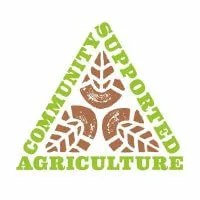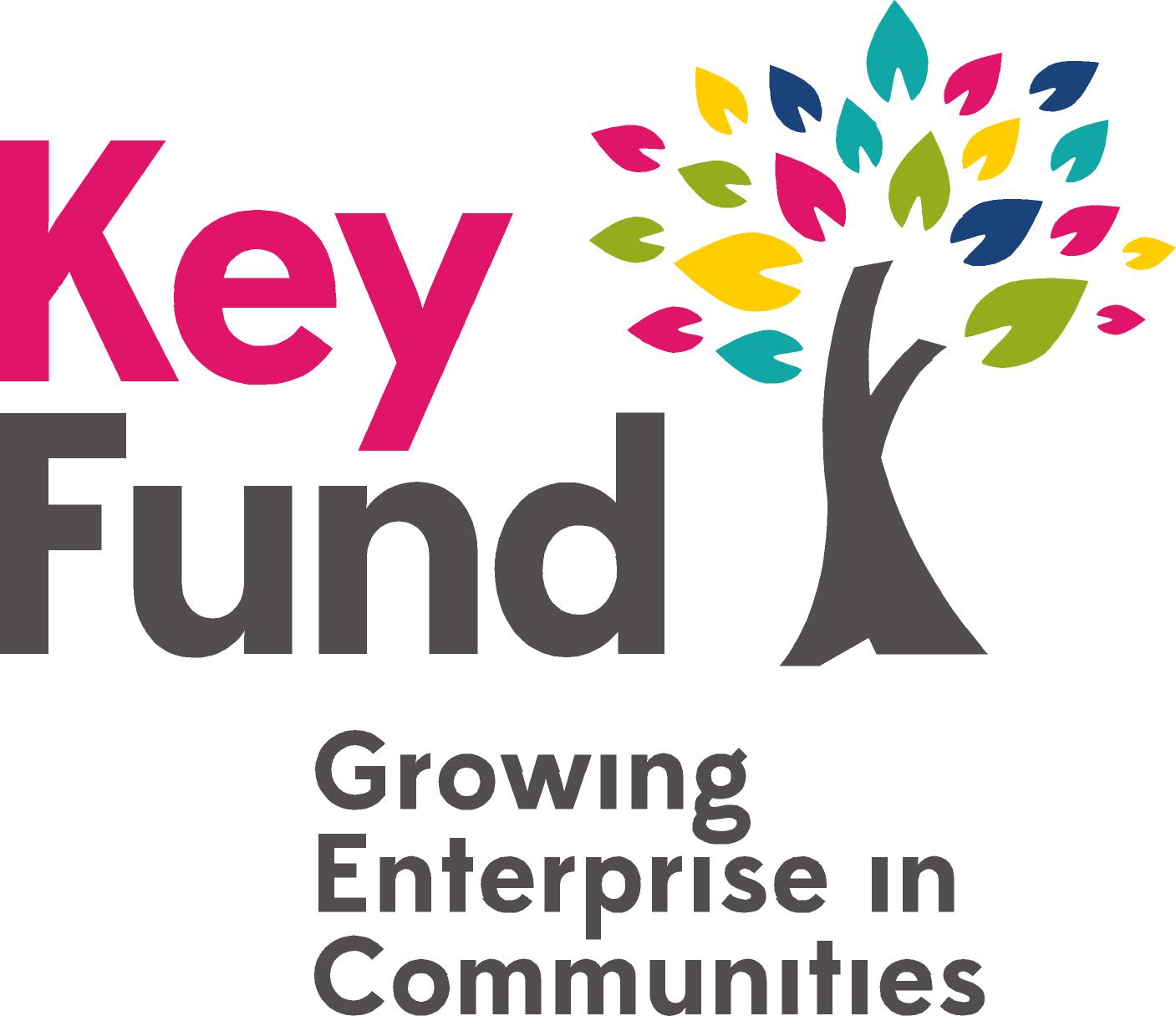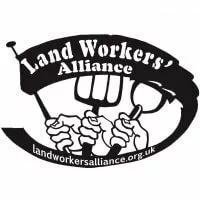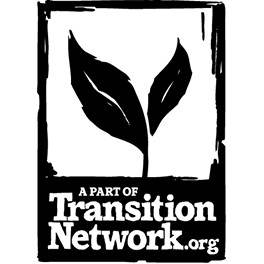

December 10, 2015
 At a time when big is seen as better, ‘Little Sheffield’ is pioneering a new approach to local economics in the city that built its fortune on the small. Gareth Roberts reports.
At a time when big is seen as better, ‘Little Sheffield’ is pioneering a new approach to local economics in the city that built its fortune on the small. Gareth Roberts reports.In 2010 a group of self-employed social activists moved from working around a kitchen table to renting a part-derelict works building and started Regather – a trading co-operative owned and managed by local people for local people.
The vision of Regather is a mutual local economy, and its aim has been to help people work together, support each other, share co-operative values and make projects happen. It has an open door policy to local people willing to explore co-operative values and share their ideas, skills and time. This has enabled it to respond to local needs and opportunities, engage many local people to work together, and over five years, develop Regather into a sustainable co-operative enterprise and establish Regather Works as a local centre for social action.
Reviving Little Sheffield, the neighbourhood
Regather is based in the heart of what was once known as Little Sheffield, which consists of around 1000 dwellings in densely populated local authority estates and a small number of surrounding streets of Victorian terraces of mainly rented property.
‘Little Sheffield’ is a way of work,
life and play in post-industrial Sheffield.
Other key features of the Little Sheffield area include former cutlery and tool trade works such as the Portland Works, Stag Works and Horn Handle Works (now Regather Works) used for craft and metal work, social enterprise, music rehearsal and creative/digital media industries; the culturally diverse London Road area of restaurants and fast food outlets; and small pockets of urban green space.
Little Sheffield was a small agricultural hamlet separated from the main town of Sheffield by open moorland called the Little Sheffield Moor, and was redeveloped between 1830 and 1850 as the wider area was urbanised to cope with the rapidly increasing growth in population of Sheffield. Whilst limited detail can be found in oral and written historical accounts of the area, it is still named on modern A-Z and local authority maps. We also found evidence of the Little Sheffield Feast, a week of merry-making.
 Seasonal eating at the Regather base
Seasonal eating at the Regather base
Economic development built from a sense of place
Regather is currently involved in the Community Economic Development (CED) programme. This is an innovative programme of grant funding and technical support being delivered in 50 locations across England to enable ‘a process of economic development within a specific geographic area, to make the economy in that area work well for that community… where the process is led by people living, working and running businesses in that area.’ The programme is run by Co-operatives UK with the Community Development Foundation, New Economics Foundation, Responsible Finance and Locality.
Regather Co-Operative is working in partnership with Portland Works, Sharrow Community Forum, Sheffield City Council and a wide range of other local residents, third sector organisations and businesses on the development of a CED plan for Little Sheffield.
A Community Economic Development Plan for Little Sheffield is a challenging prospect. It will encounter the challenge of engaging with and addressing high levels of unemployment, social isolation and the impacts of poor health and physical environment. The population includes both long term and more short term, transient residents, and a diverse range of age, socio-economic backgrounds, education and ethnicities. The physical environment includes substantial derelict and untenanted properties in both local authority and private ownership, under-used public spaces, poorly maintained civic space and transport infrastructure and energy-inefficient housing stock.
Despite these challenges there is compelling evidence of a sense of place, strong local identity and a willingness to engage in community enterprise, cultural celebration and social action – all of which present opportunities for sustainable community economic development to tackle the challenges faced by the residents of Little Sheffield.
 Sheffield’s Real Junk Food project creates community meals out of waste food
Sheffield’s Real Junk Food project creates community meals out of waste food
Why not a city of Little Sheffields?
However, Little Sheffield is by no means alone or unique as an area defined by the history and geography of Sheffield. It’s characteristic of many different locations across Sheffield, and reflects the physical and human geography of a city that is often described by its citizens not as a city, but as a village – or put another way – a city of Little Sheffields.
Reflecting this, the conversations surrounding the development of a CED plan for Little Sheffield are increasingly not just about the local economic development of one specific area of Sheffield – but instead they are evolving into discussions of an emerging meme, a shared concept – potentially capable of connecting together often disparate people, organisations and enterprises across the city, working and co-operating together in a common cause to celebrate all things small and beautiful (in a Schumacher sense of course).
The term ‘Little Sheffield’ is also emerging as a moniker for a way of thinking about local economic development, a movement, for a growing number of independent, self employed, volunteering, part-time, zero-hour, multi-job workers (the ‘precariat’). ‘Little Sheffield’ is a way of work, life and play in post-industrial Sheffield.
We need an approach that recognises and celebrates the
small in all of its complex and sophisticated beauty.
In contrast to a ‘Little Sheffield’, it is both possible, and useful, to conceive of a ‘Big Sheffield’. It consists of big anchor institutions in the city – its universities, the council, the NHS, major public and private employers and initiatives such as the Advanced Manufacturing District.
It features the new ‘big’ infrastructure emerging from the devolution agenda – the Northern Powerhouse, the Sheffield City Region and an elected mayor. It also features the ‘big’ issues, creating the hostile and ever changing landscape of a traditionally low skill, low wage economy undergoing severe recession, a local government hit by austerity and a rapidly shrinking state and the complex problems caused by long term unemployment, inequality and social isolation in an increasingly diverse population.
It’s important to acknowledge that using both ‘Big’ and ‘Little’ Sheffield as terms with which to identify multiple features and issues within the city has all the drawbacks of any sweeping generalisation or over-simplification, and that with limited understanding and information the terms could be interpreted and used in oppositional ways.
But as is often the case these weaknesses are also strengths. The simplicity and generalisation keeps the concept accessible and inclusive, and the potentially oppositional nature actually helps articulate and structure what is a conflicted space where robust argument and genuine resolution is very much needed if we’re going to make progress on the wide ranging challenges we face as a post-industrial city.
The fact is that both ‘Big’ and ‘Little’ Sheffield are interdependent, depending on each other whether we understand, like or accept it. ‘Big Sheffield’ is important but there is also a need for not one, but many ‘Little Sheffields’, for an approach to the local economy that goes with the grain of a place and the people that live there, that builds from the bottom up and meets local place-based needs.
In an age where big is said to be better, despite reality showing that not to be the case, we need an approach that recognises and celebrates the small in all of its complex and sophisticated beauty.







